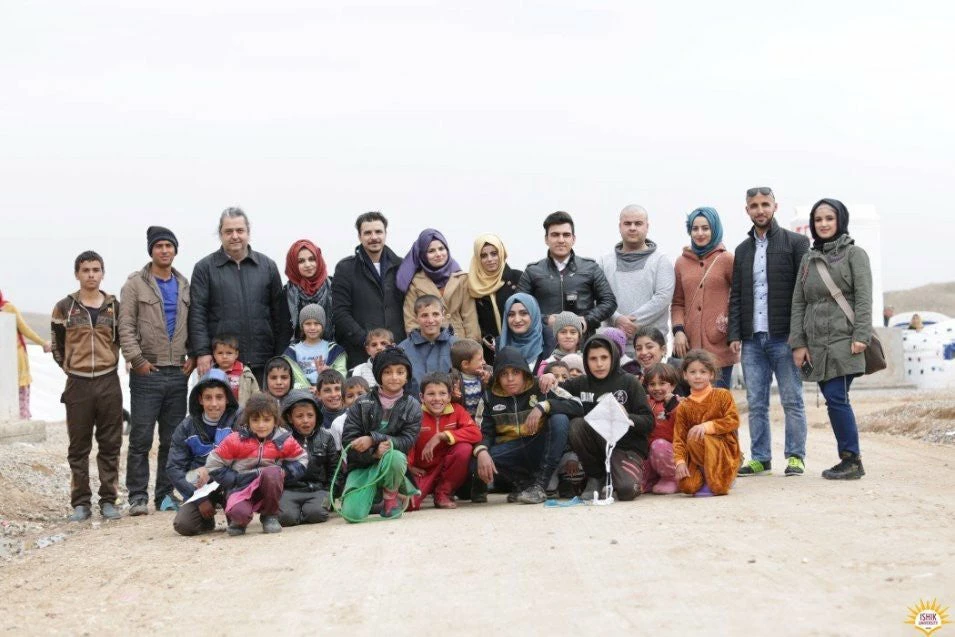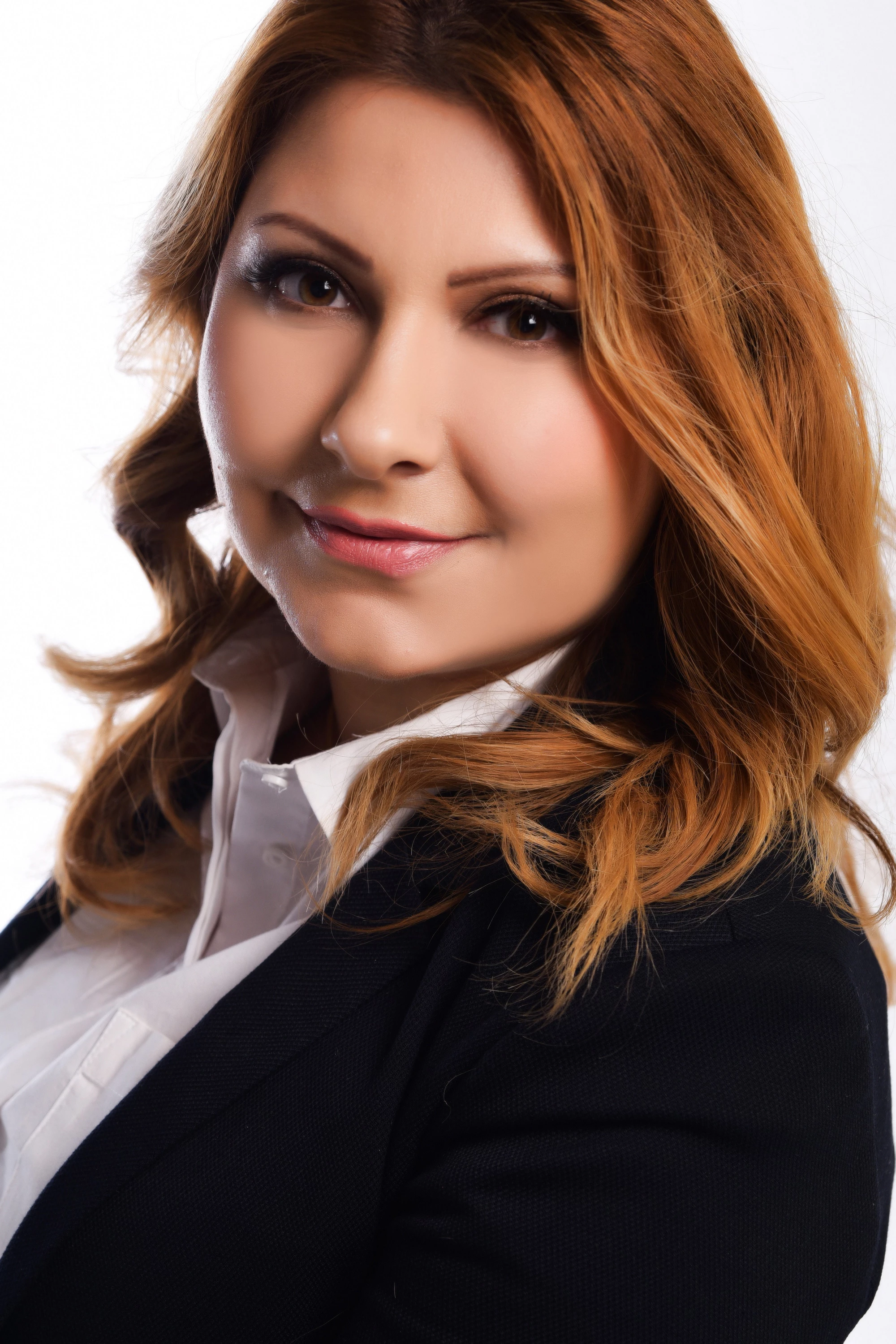 أطفال يتعلمون في أحد مخيمات اللاجئين
أطفال يتعلمون في أحد مخيمات اللاجئين
Iraq, and Kurdistan in particular, is home to a large number of refugees. A total of 252,983 Syrian refugees, 44,486 refugees from other countries and 47,515 stateless refugees are currently living there. These refugees are supported by the United Nations High Commissioner for Refugees, alongside other organisations, to ensure that their most basic needs are met. However, securing these resources is still a challenge. Examples of the resources that are still required include food, shelter, medical treatment and education.
Many of these refugees are school-age children who are missing out on education, child protection, mental health treatment and other basic services. Many of them have gone through the terrible tragedy of losing one or both parents, their homes and their schools, and they need much more support to ensure that they can survive, now and in the future. The fact that these children are missing out on basic education is hugely concerning. Throughout history, education has been one of the most important ways of surviving hardship and securing a promising future. Without education, these children will remain uneducated and jobless. This has severe implications not only for them and their families, but for society and the economy as a whole.
Picture: Support provided by Ishik University to children in camp
For the past six years, one university-led educational program has been supporting children in refugee camps in Kurdistan. This program was initiated by Ishik University, a private university located in Erbil in Kurdistan. The Faculty of Education at Ishik University developed the program in collaboration with tutors and undergraduate students who were interested in doing voluntary humanitarian work. In an interview with Dr. Suleyman Celik, Dean of the Faculty of Education at Ishik University and founder of the program, explains the project.
“It all started with our passion for humanitarian work. Over the last six years, we have managed to send our best undergraduate students to the refugee camp to give lessons and teach different subjects on weekly basis. The children – from first grade to eighth grade – receive a certificate from the Ministry of Education and General Directory of Erbil at the end of each year. In addition, we initiated a number of fundraising events to help secure basic needs for these children. However, much more support is required. Those children are in desperate need of all the help they can get in terms of food, education and mental health support, and we are more than happy to collaborate with NGOs, universities in Iraq and other parts of the world, and mental health specialists. They need assistance and support from specialists who can help them to cope with such a difficult situation.”
One of the main difficulties highlighted by the Ishik University undergraduate students who have taught in the camps is that many of the children are unable to focus during lessons because they are so hungry. The undergraduates have brought food with them to help the children concentrate.
The limited availability of resources is an ongoing problem, and the children are in desperate need of humanitarian assistance beyond food and shelter. This calls for collaboration between universities, governments, NGOs and other institutions to provide a comprehensive program and more innovative solutions to help secure a promising future for the children and their families. For example, if experienced tutors and educators were not able to attend the camps to teach the children, mobile learning would be a valid alternative.
In line with the humanitarian development nexus, further collaboration is required to provide education to these young refugees at the school education level in the short term. Thus, understanding their needs is crucial, in terms of flexible curriculum which access to technology can help to achieve, tailored support to obtain suitable qualifications and supporting and developing relationships with these children. Furthermore, there is a requirement for long term planning and collaboration to provide these refugees with university education and the required employability skills to obtain jobs in the future. With the advancement and innovation of how education is currently being delivered around the world, new and innovative solutions should be found to provide a lifetime and inclusive education to these children. The complexity of the situation of these refugees requires joint humanitarian-development approaches and collaborative implementation, monitoring and progress tracking in terms of their education.
Providing high quality primary, secondary and university education in a safe learning environment for these refugees will help to prevent the existence of a lost generation. Going forward, we must work together to build a better learning environment for refugee children, to demonstrate our commitment to building a better future, and to reduce poverty and vulnerability among refugees.
Editor’s Note: In response to the large scale and protracted forced displacement that Iraq, Jordan and Lebanon have recently faced, the World Bank has stepped up its support to Governments through a wide array of interventions in support of the displacement affected populations. A Mashreq Displacement Response Framework (MDRF) is currently being developed focusing on the associated specific vulnerabilities, mitigating their impacts on their hosts and working to promote human development, economic opportunities and partnering for a coordinated development response.
Stay tuned to learn more about the Bank’s efforts and the MDRF which will be shared publicly on the World Bank Iraq Homepage soon.



Join the Conversation